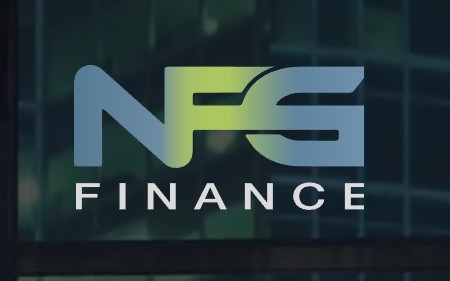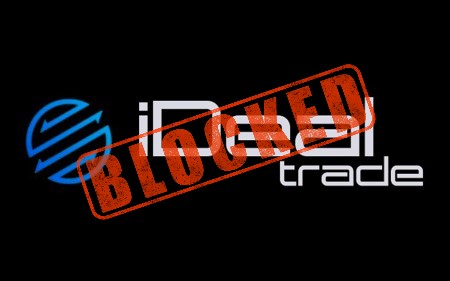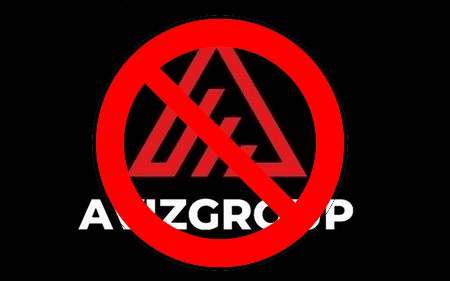A couple of things to consider when choosing the right crypto exchange
 Paul Roberts
03 / May / 22
Visitors: 640
Paul Roberts
03 / May / 22
Visitors: 640
The industry has a huge selection of more or less reputable providers. What should you pay attention to and which stock exchange can we recommend.
There are countless exchanges and brokers in the crypto industry. It's easy to lose track of things. We explain what you need to look out for when choosing the right provider.
1. Stock exchange or broker – costs and what suits me better?
Cryptocurrency exchanges provide a platform for buyers and sellers who want to trade cryptocurrencies between themselves at current market prices. A large number of different cryptocurrencies are often offered. Exchanges are more suitable for active and experienced traders, since you manage and control your own trades.
Crypto brokers, on the other hand, are usually very clean and beginner-friendly. In return, the fees, i.e. the spread, are significantly higher for a crypto broker than for a crypto exchange, since the broker manages and invests the funds or crypto currencies. As a rule, the costs for brokers are between 0.75 and 1.5 percent.
Bitvavo has established a particularly interesting model that combines the best of both worlds: the simplicity of a broker combined with the significantly lower fees of a crypto exchange. Fees are based on each trader's trading volume. This is how the exchange motivates its community to trade. The higher the trading volume, the lower the price. With a trading volume of less than 100,000 euros, the fee is 0.25 percent and becomes continuously cheaper with higher monthly volumes. Deposits via the SEPA procedure are completely free of charge and PayPal will soon be available for even faster and easier transactions
2. Trust, legal regulation and security of the platform
Money laundering, terrorist financing, shady business on the dark web. Cryptocurrencies still have to fight for their reputation. A stock exchange always appears particularly trustworthy when it has registered with the country's central bank. Exchanges based in the EU are usually subject to stricter supervision than in other countries. For the consumer, however, this is positive. Central banks monitor compliance with the Anti-Money Laundering and Terrorist Financing Prevention Act and sanctions laws. This ensures that the cryptocurrencies are not misused. It is therefore advisable to opt for a crypto exchange with European regulation.
Regulatory developments can have a positive impact on the acceptance of cryptocurrencies. For example, the registration of Bitvavo with the Dutch Central Bank was accompanied by increasing interest from institutional clients. In addition, Bitvavo is a member of a self-regulatory organization. Members of such organizations voluntarily commit themselves to a code of conduct, based on which the best practices in the field of digital currency must be adhered to. For example, Bitvavo offers additional protection against scamming and your own typing errors because every external wallet must be verified once before payment by a short video.
On the other hand, crypto enthusiasts are also worried about excessive intervention by the authorities. The topic of decentralization is extremely important for the industry.
We have compiled a complete Bad Reputation Brokers.

Paul Roberts
Paul Roberts 51 years old Born in Edinburgh. Married. Studied at University of Oxford, Department of Public Policy and Social Work. Graduated in 1997. Works at Standard Life Aberdeen plc.






